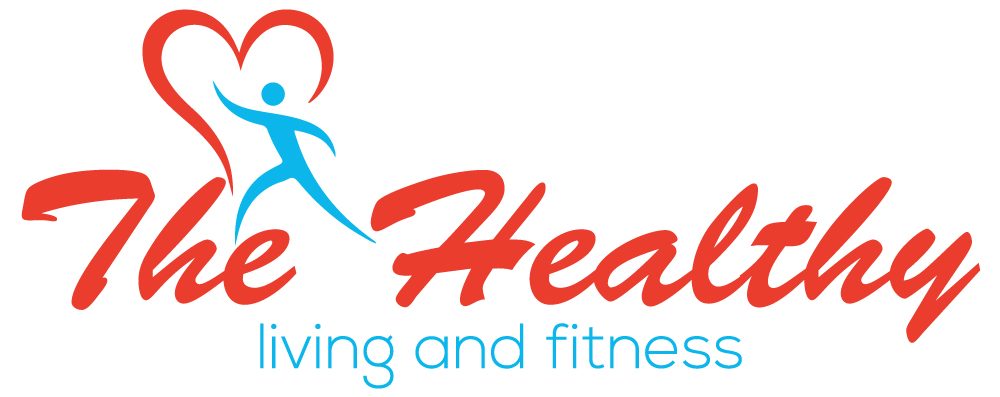Meditation is good for you both physically and mentally, as it’s a practise of focusing your mind similar to mindfulness. You can focus your mind, or you can focus on an object, activity or specific thought – which ever you find works better for you. You train your awareness and attention so that you can achieve a clear and stable emotional state. You aren’t becoming a ‘new’ person as a lot of people perceive, you are just training your awareness and perspective. You are also teaching yourself to observe and feel emotions, thoughts and feelings without judgment.
Mentally
Meditation has been found to drastically improve a person’s mental health when they make it a daily practise even if it’s just 5-10 minutes a day. Meditation has been found to help individuals
- Sleep better
- Cope with symptoms from mental health disorders like anxiety and depression.
- Improve cognitive and behavioural function
- Regulate negative emotions
- Reduce stress or help you handle it better
- Encourage productivity
The end goal of meditation is to feel relaxed and have inner peace and these help improve your mental health. There is also research that suggests meditation can help you manage your negative emotions and regulate them better. By practising meditation it’s found that experiences that normally make you angry won’t have as much of a physical reaction anymore. For example, your heart rate won’t increase as well as blood pressure or breathing rate. This was all found out in a 2016 study in the journal Consciousness and Cognition
Physically
Meditation can improve your physical health as well as your mental health. By participating in a daily practise of meditation you can prevent several disorders or improve your health with regards to
- Pain
- Fibromyalgia in teens
- Stress or stress related disorders
- Migraines and headaches
- Conditions involving hypertension
- Anxiety and depression
By committing to meditation, research has found that it can improve your quality of life. There are several long-term benefits that will help you stay emotionally and physically healthy. Further research found that mental health problems can lead to Gastrointestinal disorders. The Gut-Brain connection is important and links anxiety and stomach problems for example. The GI tract is sensitive to emotions like anger, sadness, stress and anxiety which can all trigger symptoms in the gut. Research found that women with severe IBS noticed a large decrease in their symptoms after participating in mindful meditation for 2 months.
There are many different types of meditation you can participate in and you can also personalise any of them to suit your needs. How long and how often you do it for is all down to you. You get out of it what you put in. Remember to enjoy it and relax.
